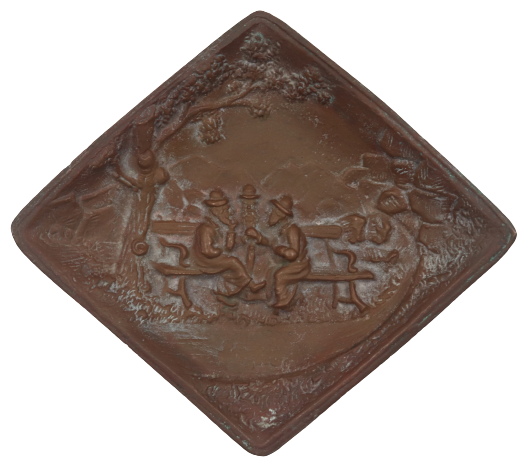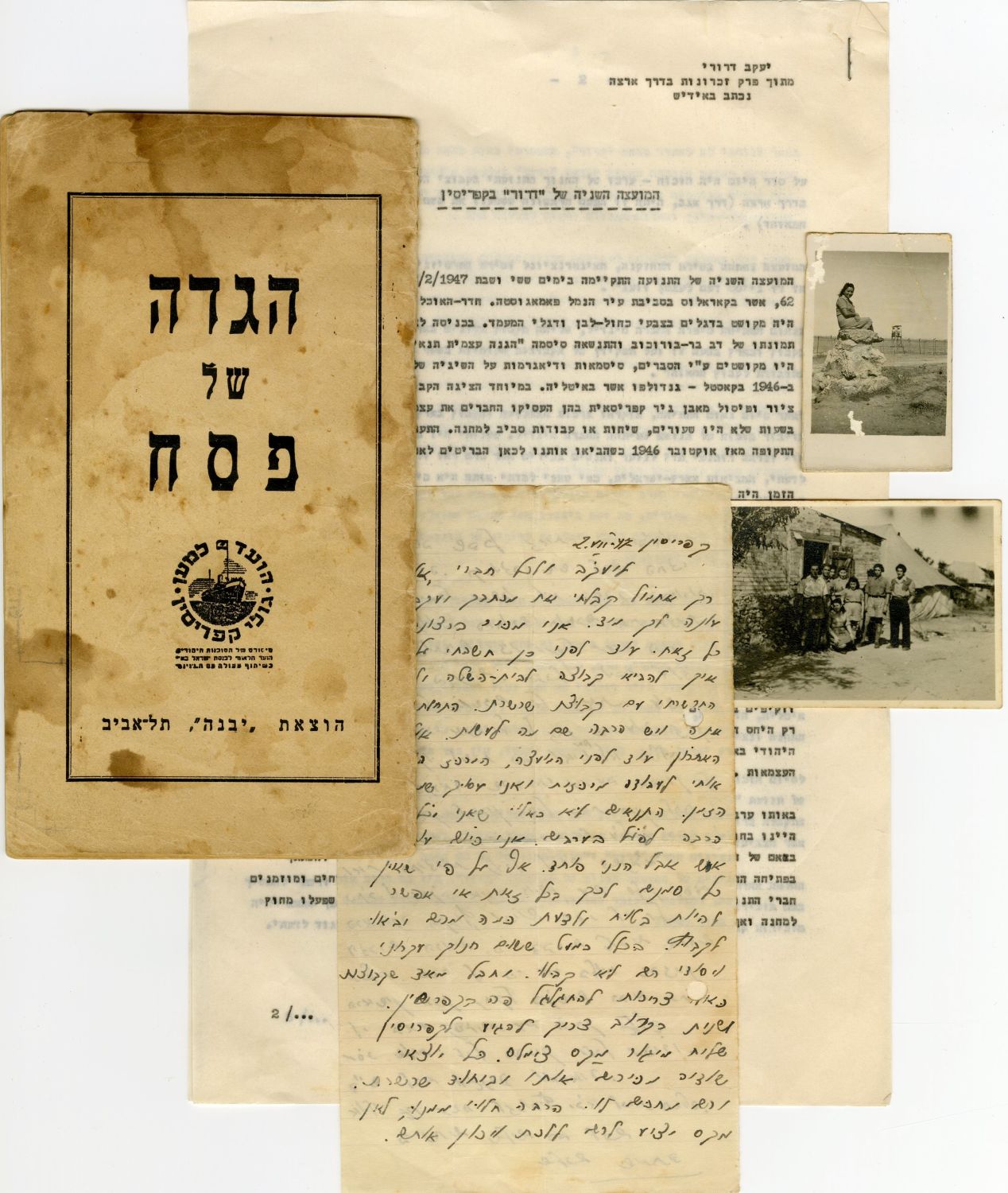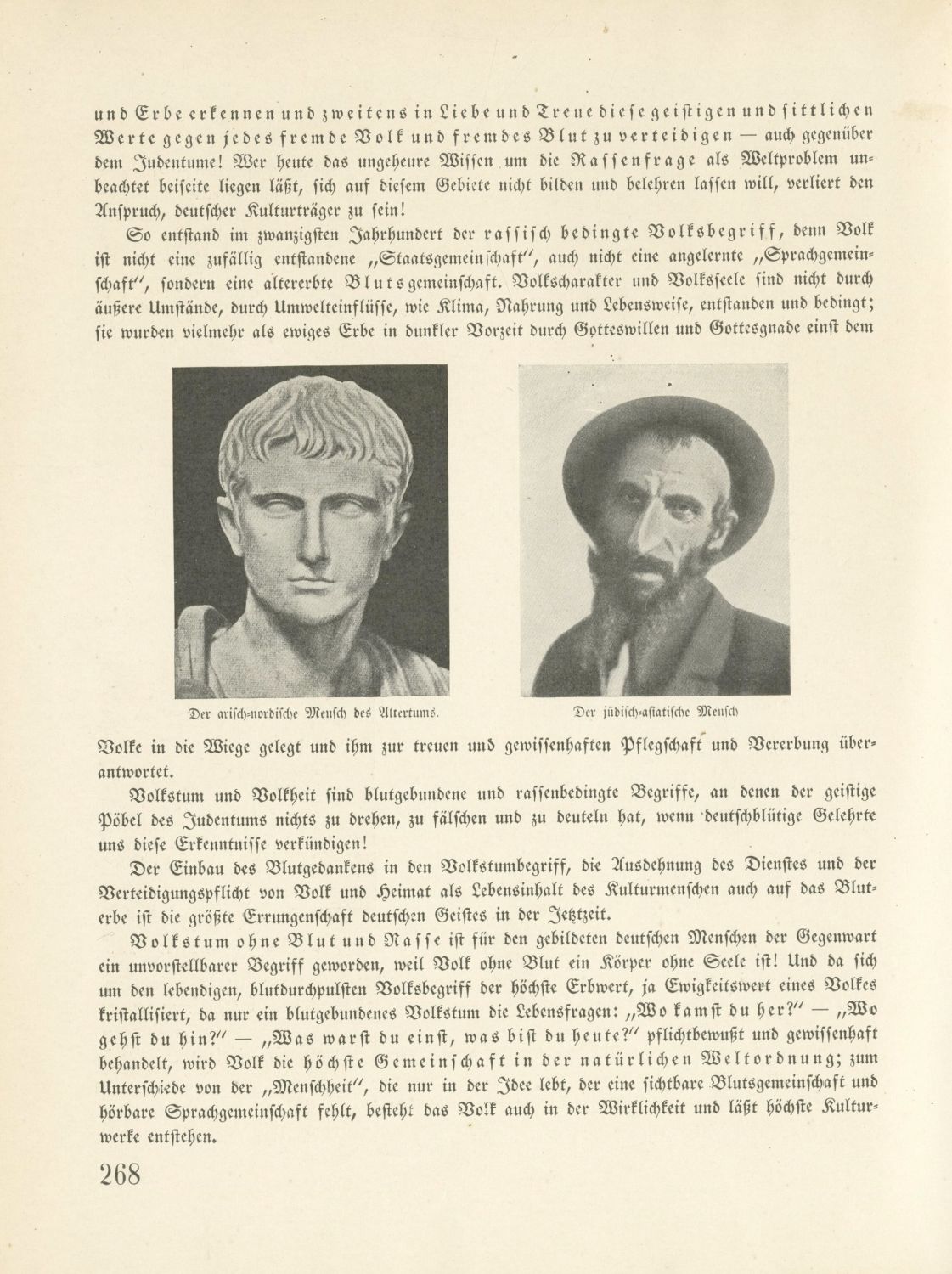Dachau. The Nazi Hell - From the notes of a Former Prisoner at the Notorious Nazi Concentration Camp. By G.R. Kay. London 1939 - First Edition. One of the earliest evidence of the methods of torture and murder of the Nazi beast.
Early testimony of a Jewish prisoner born in Vienna who had been in Dachau for five months, was released and managed to escape to England. He wrote his hard memories in one breath immediately after his release. In England, for hours every day every detail that floated in his memory was transcribed. Failing to bear the mental and physical scar of the torture he endured, as well as the thought that while putting things in writing the same atrocities continue to occur and he is unable to do anything, he could not bear - he chose to commit suicide after a short time. In a letter he sent to his friend, the translator of his diaries, he wrote that there was not a single night in the camp where some prisner did not commit suicide, and the living prisoners used to be jealous those who committed suicide. In the same letter he described his feelings, and the reasons that led him to do the horrible act, precisely after he was released: "I believed that one day I would be free ... and now months after my release in the happy land of freedom I realized my mistake. I will never be free. Dachau's experiences haunt Me day and night and I can not shake them. I see faces, hear screams, I have hallucinations.The death noise of men whipped to death attacks my ears everywhere I go. The animal faces stare at me angrily in every corner ... maybe it would have been different if I had I know that the thousands of people I left behind in Germany in the conditions from which I fled were free, but they are not ... and I can do nothing to help those who are still in the Nazi concentration camps ... my spirit is shattered ... ".
During the surging wave of anti-Semitism of November 1938 following the assassination of the German diplomat vom Rath (the pretext that caused the outbreak of Kristallnacht) the writer of the diary decided to flee from Vienna to the Netherlands which was then considered safer. After successfully passing through several German checkpoints, he was arrested by the Gestapo on the border in Vienna (On his escape journey on the way to the border he describes how he saw the Nazis burn the synagogues one by one). After a brief inquiry, he was accused of trying to flee the country to tell "outside" about German crimes, and for several hours it became clear to the Nazis that he was Jewish. After a few days in the local prison, he was transferred by train to transport cattle to the Dachau camp along with about 800 other Jews. In his diary he describes the feelings of terror that accompanied him when he realized he was being led to a camp that for the past few years had only heard from afar about the atrocities taking place there, and now he himself is being led there, describing that from that moment on: "We were outlawed, easy prey for a gang of criminals who somehow became state" , And tells at length and in detail the journey of torture he and his friends went through in the camp in ten chapters very hard to read. The severe torture he and his friends endured was so unbearable that he writes of the horrific fact that the prisoners living in the camp envied those who were murdered at an early stage, and prayed to find their deaths as well. In some of the descriptions of his friends who were tortured and murdered, the author deliberately omitted their names, so as not to cause suffering to their family members who survived when they heard about the atrocities their loved ones went through in the camp.
It is rare to find such early and detailed evidence of the atrocities of the Nazis - the book was published in 1939, even before most of the infamous Nazi death camps were established.
The Dachau concentration camp, which was located near Dachau, Germany, was set up in an abandoned gunpowder and ammunition factory used by the Nazis for the incarceration of Jews and Soviet POWs. The camp served as a forced labor camp for ammunition production. The Nazis established a "bunker" next to the camp's south gate, used for cruel interrogations, harsh punishment, torture, executions, whipping and hanging. Medical experiments were conducted at the camp, camouflaged as a medical clinic. The SS camp was outside the camp fences, as well as crematoria, where murders and executions were carried out, and a greenhouse and orchard area where prisoners were forced to work in harsh conditions which led to the death of most of them. Approximately 30,000 people were killed in Dachau. Ovens were used to cremate corpses in order to hide the number murdered.
216 p. Good condition.












